We are celebrating the 10-year anniversary of Debats d’Educació by giving the educational community the opportunity to air its views
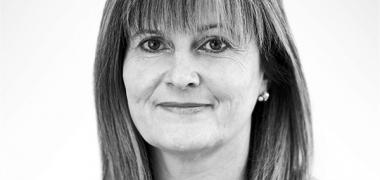
Since the 2001-2002 school year, I have been head teacher of the Learning Community at l’Escola Mare de Déu de Montserrat in Terrassa. Before this, I occupied management positions at this same school.
I have a qualification in Education and I have worked in state schools and state-funded private schools with different age groups.
The three things I’ve learned
Include successful educational practices in schools
What I have learnt is based on the transformation of the school into a learning community. Today, the classroom is not, nor does it have to be, the exclusive area in which the teacher and the pupils interact. Other people need to be introduced into the classroom with a view to fostering success at school and enhancing the values of living together.
One successful educational practice is the use of interactive groups. The classroom is organized into four heterogeneous groups, with an adult, usually a volunteer, assigned to each one. Every twenty minutes the pupils change activity and volunteer.
Learning is enhanced due to the interaction that takes place between the pupils and the adults in the classroom. The spirit of coexistence also improves significantly.
Another successful educational practice can be found in the literary gatherings to discuss classic literature from around the world.
At school the pupils read classic books from around the world. One particular book is chosen by consensus and the day before each class gathering the pupils have to read an agreed chapter at home. Discussion is conducted within a framework of respect for others’ opinions, all of which are valued. It is customary to draw parallels with topical social themes or pupils’ own lives and to share the different points of view, since they are drawn from a variety of sources.
Be a participative, inclusive and democratic school
It is essential to share the education of a child in its broadest sense with those who are close to him or her, particularly family. Success at school depends to a large extent on how we take decisions, how we organize the resources...
In our learning community we have mixed committees. One extremely important committee is composed of families from different backgrounds, four of the oldest pupils and one teacher. The committee is a focal point for reflection, but also for proposals that are transmitted to the class meetings, family meetings and the teaching staff.
It is very important to share decision-taking. Families want the best for their children and they have an extraordinary capacity for reflection on what the priority issues in the education of their son or daughter are. Therefore, it is important to participate in all the decisions that are made and to reach a consensus in these.
Illiterate mothers have asked for priority to be given to the process of reading and writing, and to increase the time spent on this skill at school, because they were unable to help at home.
When the families take democratic decisions about matters that affect education and at the same time they are involved in learning processes, they participate more in the school and help to improve the success of their children there.
Be a school that has a close relationship with its enviroment
The school and the organizations in its environment must work together and make full use of all the potential to be found in a shared commitment to transform society by improving the education of children and young people.
When the child and the young person are the focus of interest of all the organizations, it is easy to come to an agreement and make the most of the resources.
We need to dream together about the education that we want for our children or dream about the kind of neighbourhood we want, and then forge agreements in mixed committees, working as a team to fulfil the dream. There will be long-term dreams and other medium or short-term dreams; there will be others again that we may not be able to fulfil.
When we started to dream in the school, we did not imagine that we could make these dreams come true, but we were daring and creative and we pushed on. We have fulfilled many dreams: volunteers in the classrooms, extending school hours with many out-of-school activities, a very good relationship with the neighbours’ association and other organizations in the neighbourhood.
Now, the future is about sharing the dream of the neighbourhood. Our learning community also takes part in this process, offering its experience to generate a process that is full of expectations and possibilities.






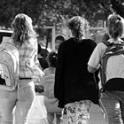
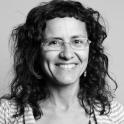

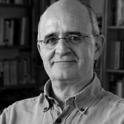
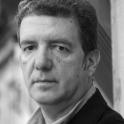

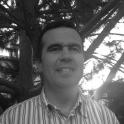


 The texts published on this website are, unless otherwise indicated, covered by the Creative Commons Spain Attribution 3.0 licence. You may copy, distribute, transmit and adapt the work, provided you attribute it (authorship, journal name, publisher) in the manner specified by the author(s) or licensor(s). The full text of the licence can be consulted here:
The texts published on this website are, unless otherwise indicated, covered by the Creative Commons Spain Attribution 3.0 licence. You may copy, distribute, transmit and adapt the work, provided you attribute it (authorship, journal name, publisher) in the manner specified by the author(s) or licensor(s). The full text of the licence can be consulted here: